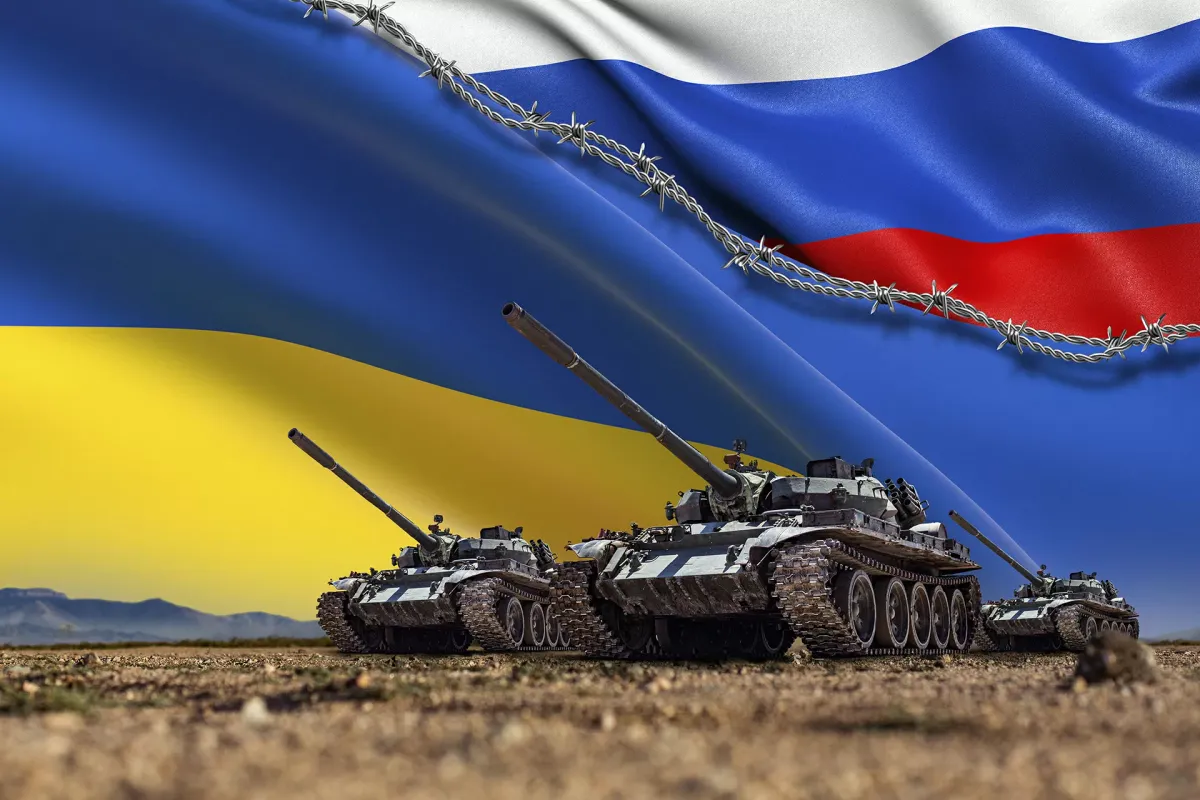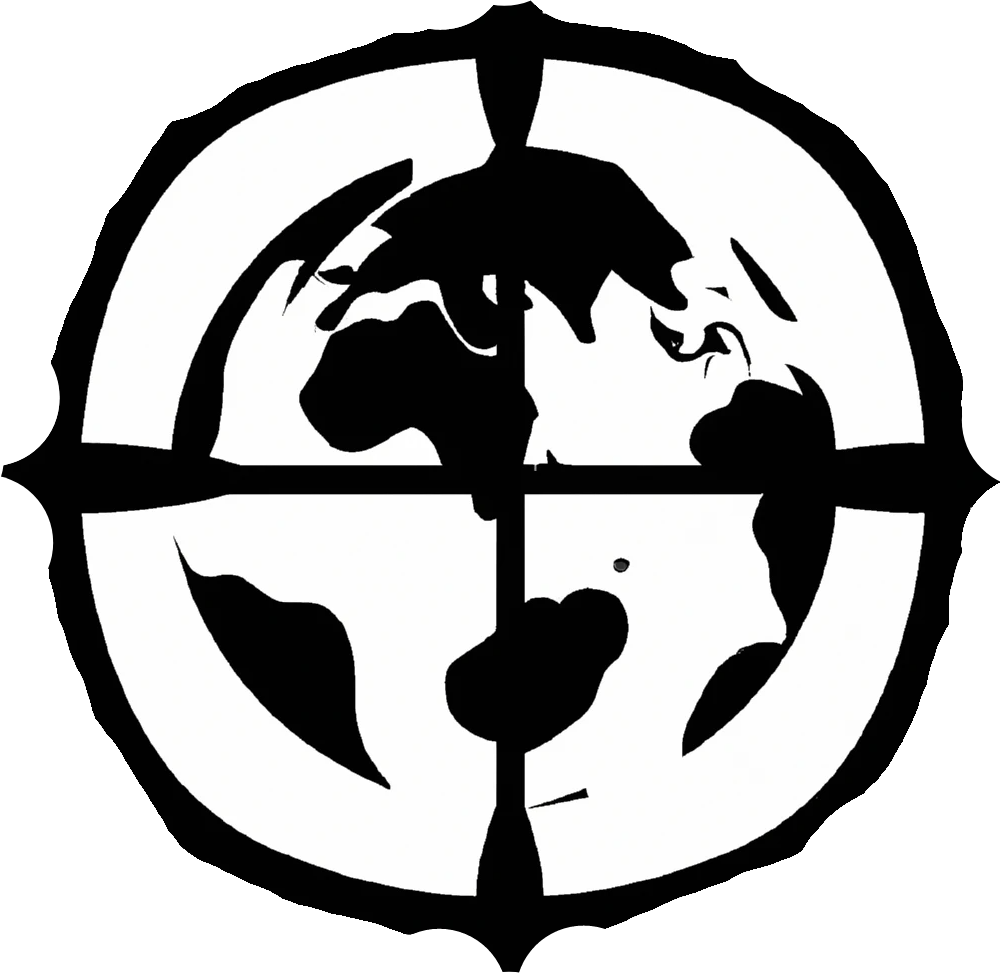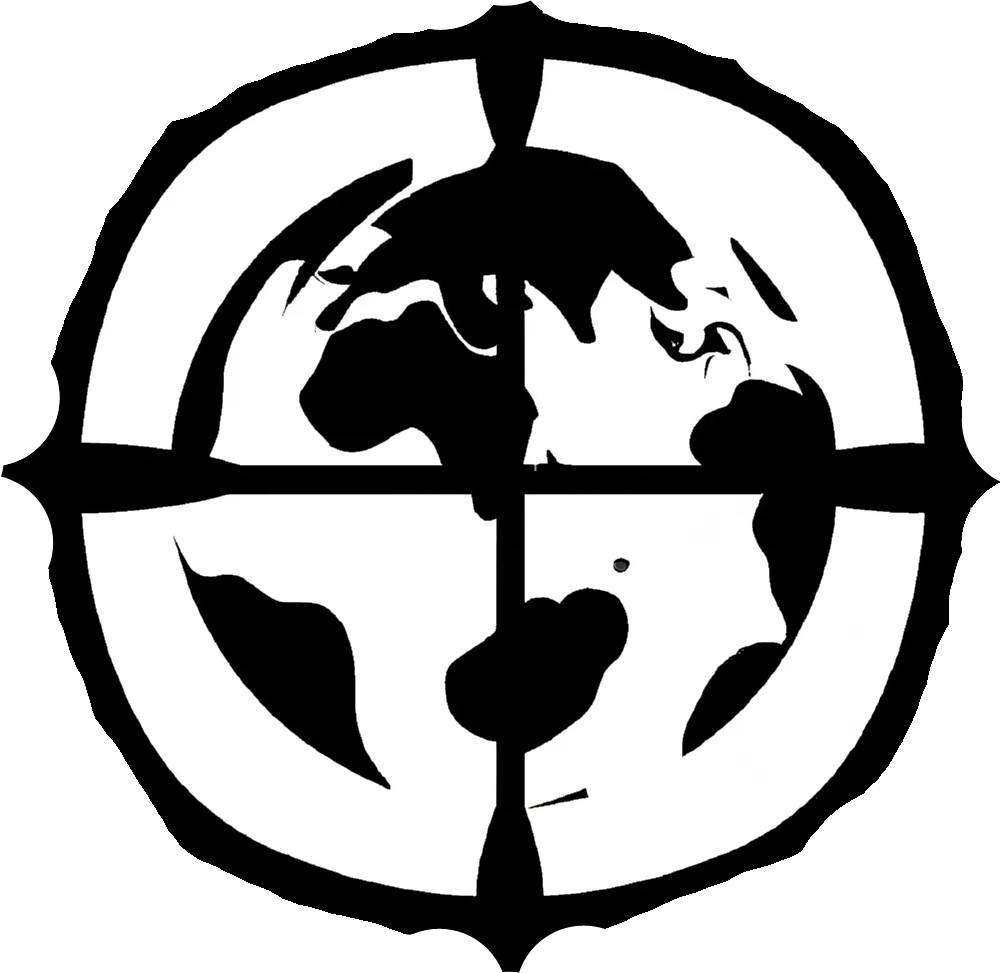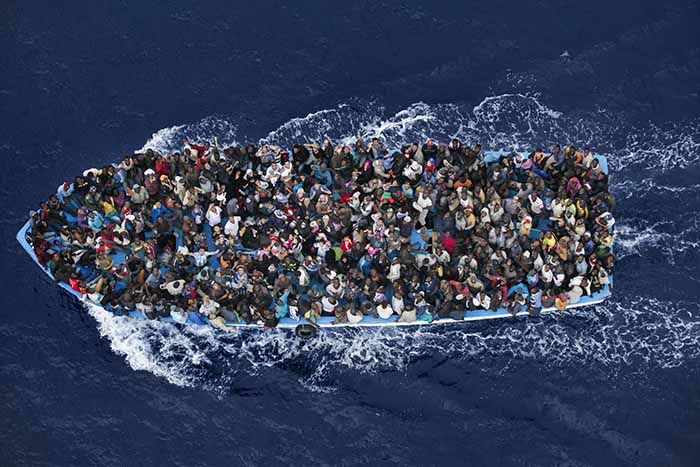The Global Fallout of the Russian Invasion of Ukraine: How the West Responded
As Russia's invasion of Ukraine unfolds, the West responds with diplomatic and military measures. How will it impact the global political landscape?

Russia Vs Ukraine
How the West has reacted
One of the most important world developments in recent years has been the ongoing conflict between Russia and Ukraine. Almost a million people have been displaced as a result of Russia's full-scale military invasion of Ukraine in February 2022, which has cost thousands of lives. Also, the violence has significantly harmed the region's economy and political stability, causing a knock-on effect felt across the world.
Understanding how the Western world has responded to this crisis is important as growing tensions between Russia and the West have led some people to believe a second Cold War has started. Western nations have denounced the invasion, and several have even increased their military presence and imposed sanctions.
Western nations have taken a strong position against Russian aggression in reaction to the invasion of Ukraine, enacting a variety of diplomatic and military actions to support Ukraine and put pressure on Russia to withdraw its soldiers. All of the NATO members—the United States, the United Kingdom, Germany, and France—have denounced Russia's conduct and taken action to resolve the issue.
The Russian invasion of Ukraine has had an impact on the entire world, and understanding how other countries have handled the situation is essential to understanding the ramifications of the conflict. This blog will go into greater detail about the various international responses to the invasion in the sections that follow, highlighting case studies and pertinent data.
Western Responses
In response to the crisis, the US took the lead by putting sanctions on Russia and giving Ukraine military support. An executive order allowing the application of penalties on Russian people and businesses accountable for the invasion of Ukraine was signed by President Biden in March 2022. In order to assist Ukraine in defending itself against Russian aggression, the US has also provided military hardware and advisors.

In a similar vein, the UK has denounced Russia's conduct and exerted pressure on it. The UK implemented sanctions on Russian people and organisations implicated in the invasion of Ukraine in March 2022. In a show of support for Ukraine, the UK has also given military assistance to that country and dispatched a Royal Navy ship to the Black Sea. On a more social level, Chelsea FC owner Roman Abramovich was forced to sell the club for his alleged ties to Putin.
German officials have also been outspoken in their opposition to the Russian invasion of Ukraine. Olaf Scholz, the German chancellor, described the invasion as "a horrible day for the world" and vowed to defend Ukraine. In contrast to the US and UK, Germany has urged for a diplomatic resolution to the dispute and has not placed sanctions on Russia, although it has frozen all joint research projects.
In response to the crisis, NATO said it will strengthen its military presence in the area to protect its partners and resist Russian aggression. NATO declared in February 2022 that it will strengthen its military presence in eastern Europe, adding more air, land, and naval units close to Russia and Ukraine. NATO has also urged Russia to withdraw its forces from Ukraine and shown its support for that nation For NATO, it is a precarious tightrope walk, as they condemn the war, but by getting involved it would almost certainly spark a nuclear world war.
The sanctions imposed by the US and UK on Russia have had a huge effect on the world economy in addition to the diplomatic and military responses. Oil prices have decreased as a result of US sanctions against Russian energy companies including Gazprom and Rosneft. These sanctions have also had an impact on international energy markets. Moreover, the UK has implemented restrictions on Russian people and organisations, which have had an impact on Russian investments and caused the Russian currency to weaken.
International Organisations' Responses
Numerous international organisations have reacted to the Russian invasion of Ukraine, garnering widespread attention. The responses of international organisations like the United Nations (UN) and the European Union (EU), as well as their role in resolving the dispute and giving help to impacted countries, will be discussed in general in this section.
With its Secretary-General António Guterres voicing alarm over the rising tensions and urging an early cessation of hostilities, the UN has taken an active role in responding to the crisis in Ukraine. A special meeting of the UN Security Council was also held to discuss the crisis, but Russia blocked a resolution that demanded an immediate halt to hostilities. In response, the UN has launched a $357 million humanitarian appeal to raise money for vital supplies to be given to those impacted by the Ukrainian situation.
With the European Council urging an early halt to hostilities and denouncing Russia's actions as blatant violations of international law, the EU has also been active in its response to the crisis. Several sanctions have been put in place by the EU against Russia, including asset freezes, individual travel bans, and limitations on business and financial ties. The EU has also given Ukraine a lot of assistance, including financial support, humanitarian aid, and assistance with democratic reforms.
The Organization for Security and Cooperation in Europe (OSCE), in addition to the UN and the EU, has been instrumental in mediating the crisis in Ukraine. The OSCE has been keeping an eye on the situation there and has demanded that the fighting stop right away. The group has also assisted in establishing talks between the warring parties, including Russia, Ukraine, and the separatist groups in eastern Ukraine. However, to little effect, as the war rages on and has no end in sight.
Unfortunately, despite these international organisations' best efforts, their responses have come under fire. The UN's credibility as a peacekeeping body has come under scrutiny due to its inability to enact a resolution requesting an immediate ceasefire. Given the severity of the crisis, the UN's humanitarian plea for aid to Ukraine has also been attacked for being insufficient. The EU's response, which included sanctions against Russia, has also been criticized for its effects on the world economy. Some analysts have even warned that the penalties could trigger a global recession.
In conclusion, international agencies like the UN, EU, and OSCE have been benefiical but highly limited in addressing the Ukrainian situation. Their responses have ranged from placing sanctions on Russia to offering aid to the afflicted nations. Its ability to pass resolutions and their effects on the world economy have drawn criticism, raising doubts about their usefulness. The collaboration of international organisations is crucial if we are to bring a peaceful end to the war in Ukraine and help people who are suffering, yet as the conflict highlights, are the groups we have in place at the moment good enough?











